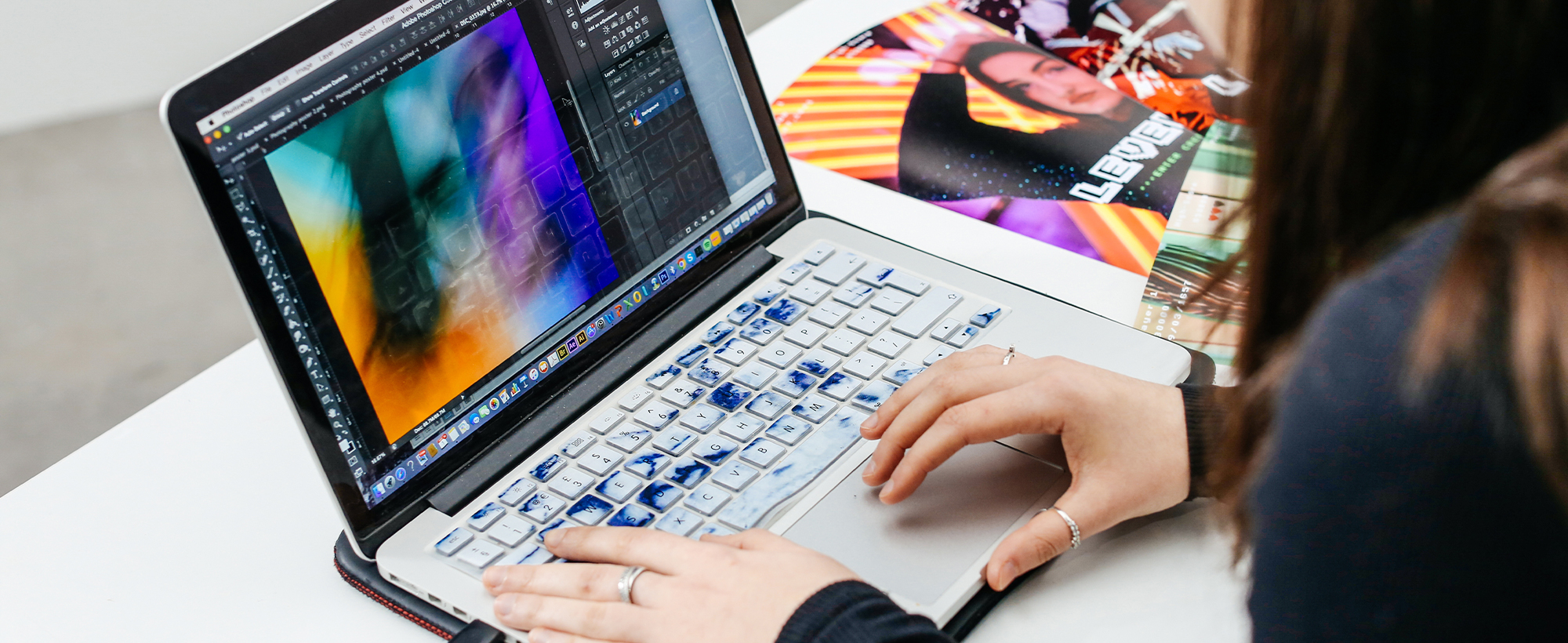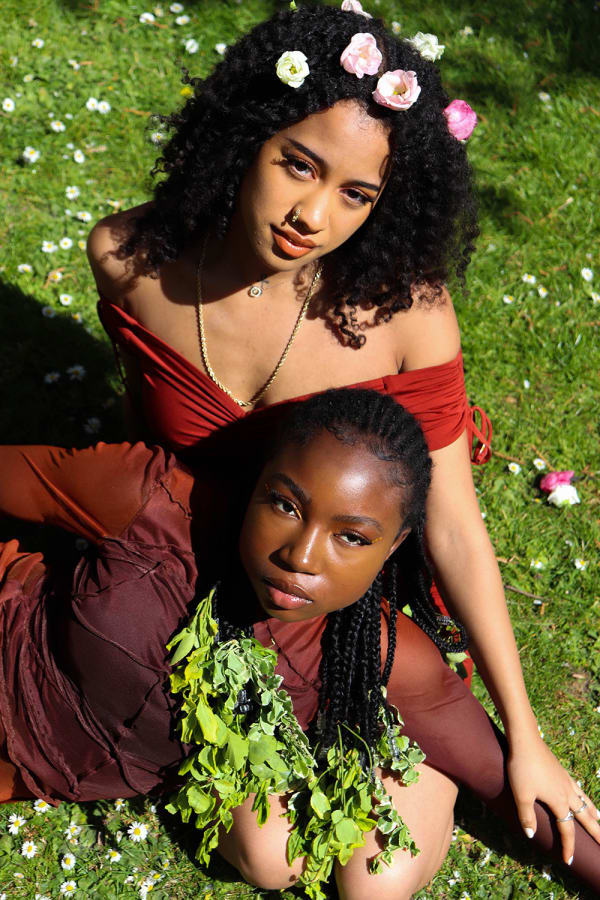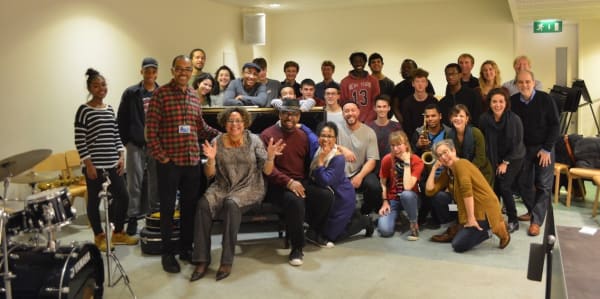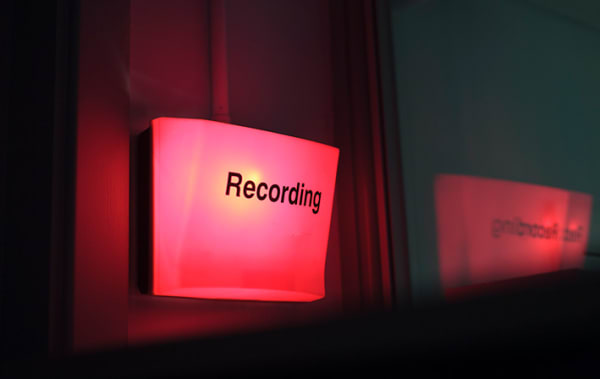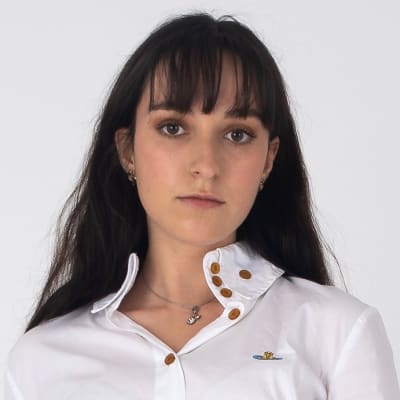Course units
UAL is committed to ensuring that its students’ knowledge and skills are set within a contemporary personal and professional ethical framework in order they may make positive impact in practice particularly in relation to the UAL principles of climate, racial and social justice. The UAL principles help to inform the course’s approach to ethical awareness and application in the curriculum leading to advocacy, mitigation and urgency in developed practice. Ethical behaviours and values are embedded in course aims and are assessed throughout.
In common with all courses at University of the Arts London, this course is credit rated. The course is 3 years, levels 4-6. Each year requires you to achieve 120 credit points. To be awarded the BA (Hons) Media Communication qualification, you need to accumulate a total of 360 credits.
Year 1
Introduction to Media Communications (20 credits)
This unit will welcome you to your course and introduce you to our learning approaches. We’ll introduce the UAL Creative Attributes Framework as a tool for understanding your university journey and feature sessions on independent study, collaboration, academic writing and academic conduct. You’ll also be introduced to the key topics that will be developed throughout your course.
Media Life (20 credits)
You’ll explore the interconnected and multi-faceted role of media in our daily lives. Underpinned by case studies, this unit will introduce you to the culture of connectivity by interrogating the environment of emerging media landscapes, along with their social and cultural fit.
Content for Creative Communication (20 credits)
Through a series of creative and technical workshops, this unit will provide a foundation for understanding and engaging with the creative process: from the early stages of creative thinking and skills development to realising and finalising creative outputs.
Media, Communications and Culture (20 credits)
This unit will introduce you to the broad field of communication studies by mapping and applying key theories and approaches.
You’ll explore ways of thinking about the formation, transformation, and influence of the communications industries, and contextualise contemporary debates about related practices, texts and users.
Platforms and Social Media (20 credits)
Providing an important foundation for understanding different platforms and social media from a range of socio-cultural perspectives, this unit applies project-based learning to not only examine their complexity, but also to consider how they can be used for promotional and creative communication.
Transmedia Storytelling (20 credits)
This practice-based unit will introduce you to transmedia storytelling as both a flow of narrative from an original ‘text’ to other platforms and - more importantly - as the expansion of a narrative to fit the unique characteristics of different media platforms.
Year 2
Creator Culture (20 credits)
This unit focuses on the shift towards creator-based models within media networks to generate new kinds of content and emerging industries. You’ll consider longer-term developments in both cultural consumption and production, as evident in the evolution of audiences in increasingly overlapping systems of content distribution.
Professional Industry Practice (20 credits)
Supporting you to prepare for a career in advertising and creative communications, within the creative media industries, this unit will introduce different modes of working in the professional landscape.
You'll be encouraged to reflect on your own interests and creative skills in relation to employability, and to explore industry-based experiences such as placements, internships, live briefs, and freelance working.
Global Media Businesses, Practices and Cultures (20 credits)
You’ll examine the changing ways in which global communications are organised, the connections between business and cultural aspects of the media and creative communications industries, and their relationship to wider processes of economic, political, social and cultural change.
You’ll also consider different work practices in the creative and cultural industries, and identify the competencies and behaviours required to work successfully within them.
Media and the Environment (20 credits)
In this unit, you’ll investigate the impact of media on cultural and societal structures, as well as on the environment itself. By studying media ecologies, geology and sustainability, you’ll make connections between media and the environment in creative ways, and make sense of the connections between media and socio-environmental justice through a series of local and global case studies.
Communication Research Methods (20 credits)
You’ll be introduced to the research process by learning methods for data gathering and data analysis. With a focus on research outcomes, you’ll be supported to then apply these techniques to your written work as well as your creative practice, and to propose a research project in your final year.
Level 5 Option Unit (20 credits)
This unit will enable you to choose an option that supports the further development of your creative production skills. Recent units offered have included:
- Content Creation: Digital and Web
- Content Creation: Film and Video
- Content Creation: Podcasting and Audio
- Professional Skills: Building Brands
- Professional Skills: Data and Social Media Analysis
- Professional Skills: Influencer Marketing Communications
Year 3
Research Project (40 credits)
In this unit, you’ll undertake an independent research project in an area of contemporary media communications that you’re particularly interested in, which can be accompanied by an incorporated creative project.
Final Major Project (40 credits)
In this unit, you’ll consolidate and further advance your creative skillset along with your professional development by engaging in a live project with an external industry partner.
Creative Futures (20 credits)
In this unit, you‘ll explore potential career options and postgraduate opportunities to prepare for life after graduation.
Reflecting on your journey throughout the course, you’ll identify your skills, strengths and aptitudes alongside your aims and ambitions for the future before producing a 12- to 18-month action plan to help you consider your next steps.
Level 6 Option Units (20 credits)
You’ll have the opportunity to choose from a range of research-based options and specialist topics to develop your interests across media and communications.
The following units will be offered each year:
- Critical Sound Cultures
- Futures Thinking
- Information Warfares: Misinformation, Conspiracy and Extremism
- Love in a Digital Age
- Special Topics*
*Your selection of special topics may potentially include:
- Comedy and Satire in Media and Communications
- Community Management
- Digital Humanitarianism
- Food Cultures
- Global and Indigenous Media
- Rhetoric, Media and Political Communication
Optional Diploma between Years 2 and 3
Between Years 2 and 3 of the course, you’ll also have the opportunity to undertake one of the following additional UAL qualifications:
Diploma in Professional Studies (DPS) (Optional)
An optional, year-long learning opportunity which enables you to develop your professional skills by undertaking time out for industry experience. Supported throughout the year by academics, you’ll build on the knowledge gained on your course in a range of national or international locations, and graduate with an additional qualification of Diploma in Professional Studies.
Diploma in Creative Computing (Optional)
Between Years 2 and 3, you can undertake the year-long Diploma in Creative Computing. This will develop your skills in creative computing alongside your degree. After successfully completing the diploma and your undergraduate degree, you’ll graduate with an enhanced degree: BA (Hons) Media Communications (with Creative Computing).
